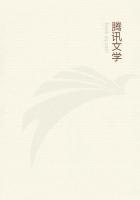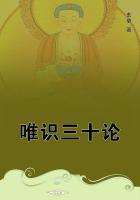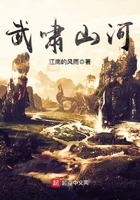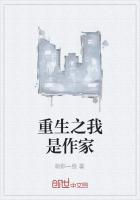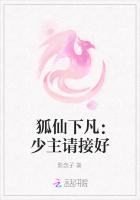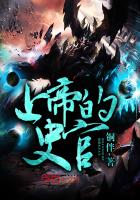Alchemy and the "Elixir of Life."--The desire for long life and the acquisition of wealth have indirectly been the stimulus to medical and physical investigation, eventually evolving science as we have it now. The fundamental principles of nearly every branch of modern science were the gradual metamorphoses of the investigations of the old searchers after the "philosopher's stone" and "elixir of life." The long hours of study and experiment in the chase for this will-o'-the-wisp were of vast benefit to the coming generations; and to these deluded philosophers of the Middle Ages, and even of ancient times, we are doubtless indebted for much in this age of advancement.
With a credulous people to work upon, many of the claimants of the discovery of the coveted secret of eternal life must be held as rank impostors claiming ridiculous ages for themselves. In the twelfth century Artephius claimed that by the means of his discovery he had attained one thousand and twenty-five years.
Shortly after him came Alan de Lisle of Flanders with a reputed fabulous age. In 1244 Albertus Magnus announced himself as the discoverer. In 1655 the celebrated Doctor Dee appeared on the scene and had victims by the score. Then came the Rosicrucians.
Count Saint-Germain claimed the secret of the "philosopher's stone" and declared to the Court of Louis XV that he was two thousand years old, and a precursor of the mythical "Wandering Jew," who has been immortalized in prose and rhyme and in whose existence a great mass of the people recently believed. The last of the charlatans who claimed possession of the secret of perpetual life was Joseph Balsamo, who called himself "Count of Cagliostro." He was born in Italy in 1743 and acquired a world-wide reputation for his alleged occult powers and acquisition of the "philosopher's stone." He died in 1795, and since then no one has generally inspired the superstitious with credence in this well-worn myth. The ill-fated Ponce de Leon when he discovered Florida, in spite of his superior education, announced his firm belief in the land of the "Fountain of Perpetual Youth," in the pursuit of which he had risked his fortune and life.
We wish to emphasize that we by no means assume the responsibility of the authenticity of the cases to be quoted, but expressing belief in their possibility, we shall mention some of the extraordinary instances of longevity derived from an exhaustive research of the literature of all times. This venerable gallery of Nestors will include those of all periods and nations, but as the modern references are more available greater attention will be given to them.
Turning first to the history of the earlier nations, we deduce from Jewish history that Abraham lived to one hundred and seventy-five; Isaac, likewise a tranquil, peaceful man, to one hundred and eighty; Jacob, who was crafty and cunning, to one hundred and forty-seven; Ishmael, a warrior, to one hundred and thirty-seven; and Joseph, to one hundred and ten. Moses, a man of extraordinary vigor, which, however, he exposed to great cares and fatigues, attained the advanced age of one hundred and twenty; and the warlike and ever-active Joshua lived to one hundred and ten. Lejoucourt gives the following striking parallels: John Glower lived to one hundred and seventy- two, and Abraham to one hundred and seventy-five; Susan, the wife of Gower, lived to one hundred and sixty-four, and Sarah, the wife of Abraham, to one hundred and twenty-seven. The eldest son of the Gower couple was one hundred and fifteen when last seen, and Isaac, the son of Abraham and Sarah, lived to one hundred and eighty.
However replete with fables may be the history of the Kings of Egypt, none attained a remarkable age, and the record of the common people is incomplete or unavailable.
If we judge from the accounts of Lucian we must form a high idea of the great age of the Seres, or ancient Chinese. Lucian ascribes this longevity to their habit of drinking excessive quantities of water.
Among the Greeks we find several instances of great age in men of prominence. Hippocrates divided life into seven periods, living himself beyond the century mark. Aristotle made three divisions,--the growing period, the stationary period, and the period of decline. Solon made ten divisions of life, and Varro made five. Ovid ingeniously compares life to the four seasons.
Epimenides of Crete is said to have lived one hundred and fifty-seven years, the last fifty-seven of which he slept in a cavern at night. Gorgias, a teacher, lived to one hundred and eight; Democritus, a naturalist, attained one hundred and nine;Zeno, the founder of the Stoics, lived to one hundred; and Diogenes, the frugal and slovenly, reached ninety years. Despite his life of exposure, Hippocrates lived to one hundred and nine;and Galen, the prince of physicians after him, who was naturally of a feeble constitution, lived past eighty, and few of the followers of his system of medicine, which stood for thirteen centuries, surpassed him in point of age.
Among the Romans, Orbilis, Corvinus, Fabius, and Cato, the enemy of the physicians, approximated the century mark.
A valuable collection relative to the duration of life in the time of the Emperor Vespasian has been preserved for us by Pliny from the records of a census, a perfectly reliable and creditable source. In 76 A. D. there were living in that part of Italy which lies between the Apennines and the Po 124 persons who had attained the age of one hundred and upward. There were 54 of one hundred; 57 of one hundred and ten; 2 of one hundred and twenty-five; 4 of one hundred and thirty; 4 of from one hundred and thirty-five to one hundred and thirty-seven, and 3 of one hundred and forty. In Placentia there was a man of one hundred and thirty and at Faventia a woman of one hundred and thirty-two.
According to Hufeland, the bills of mortality of Ulpian agree in the most striking manner with those of our great modern cities.

